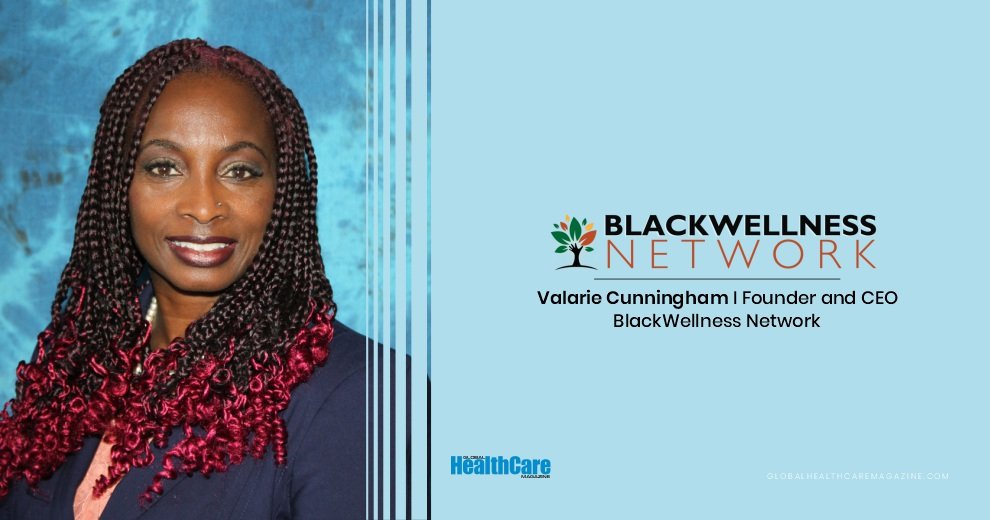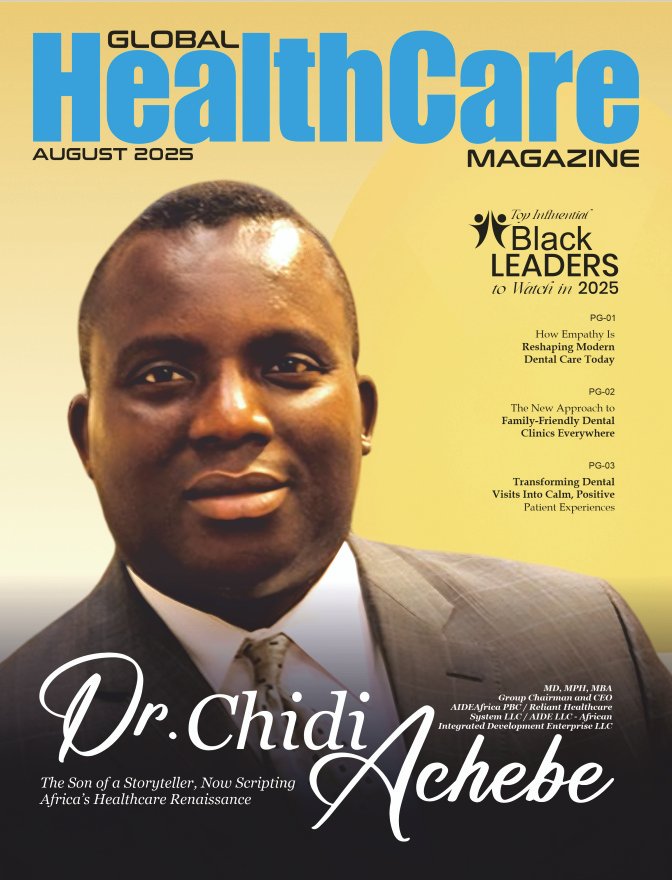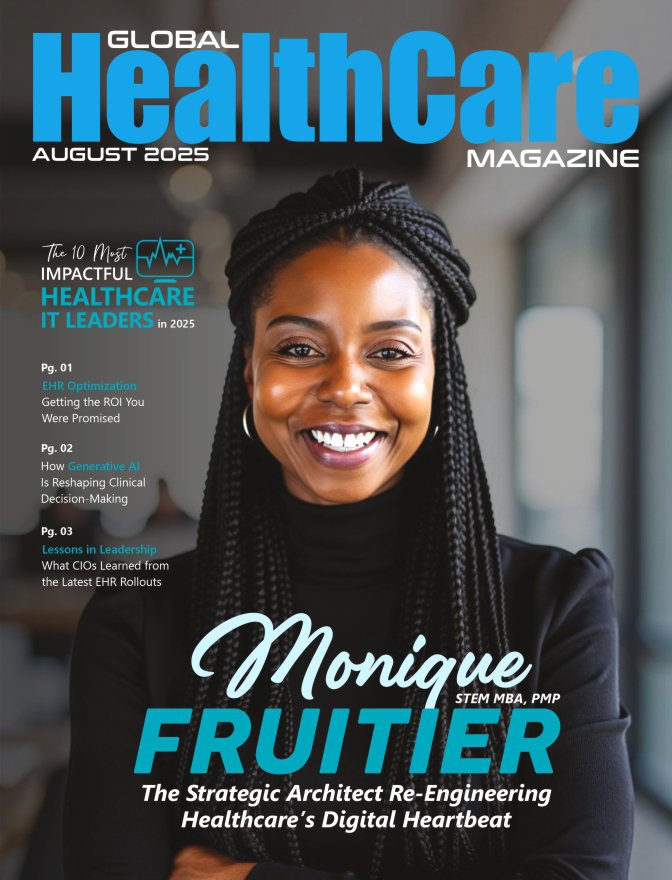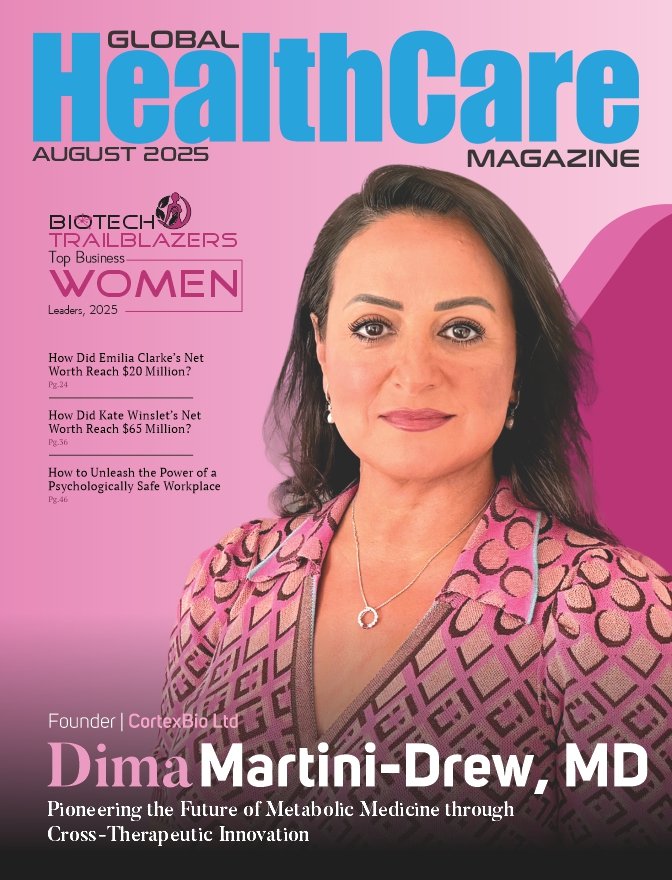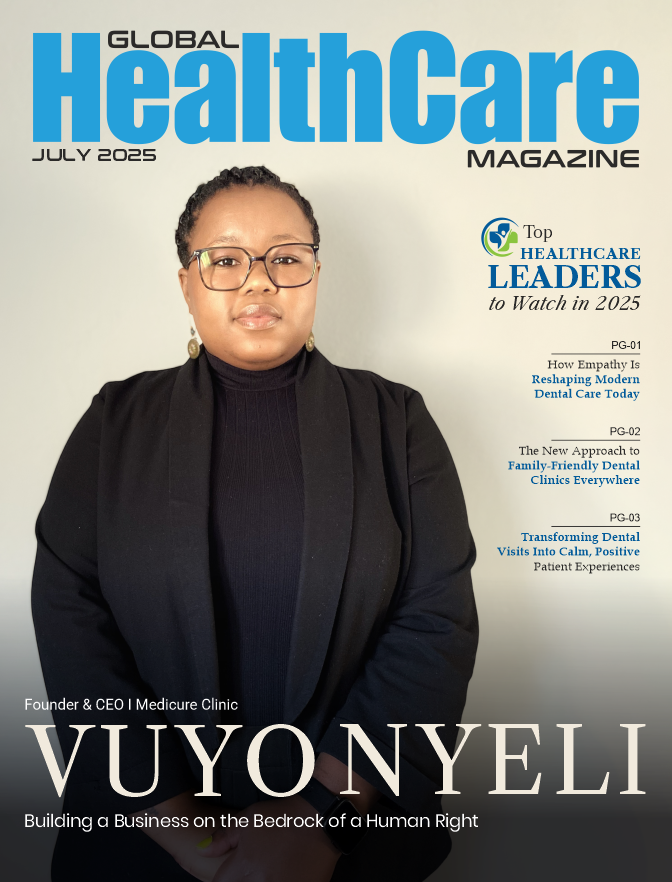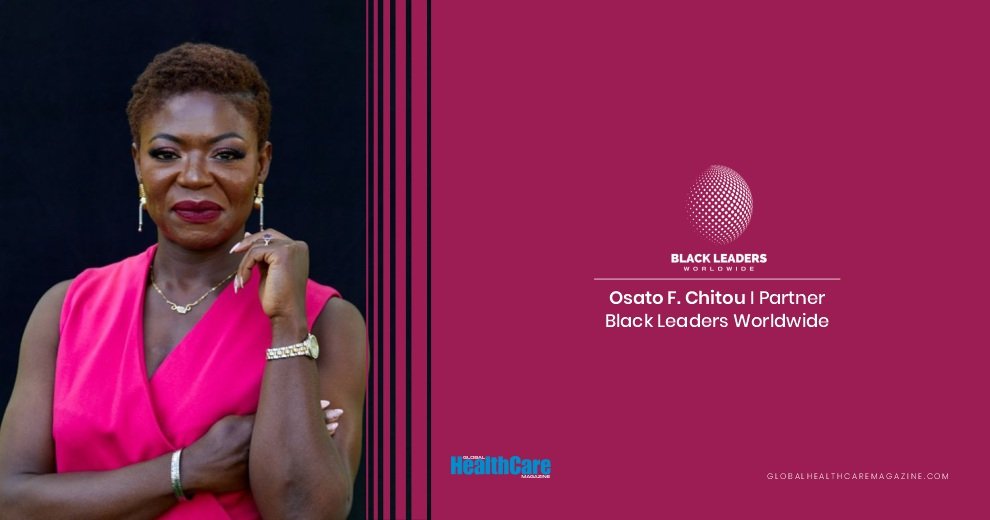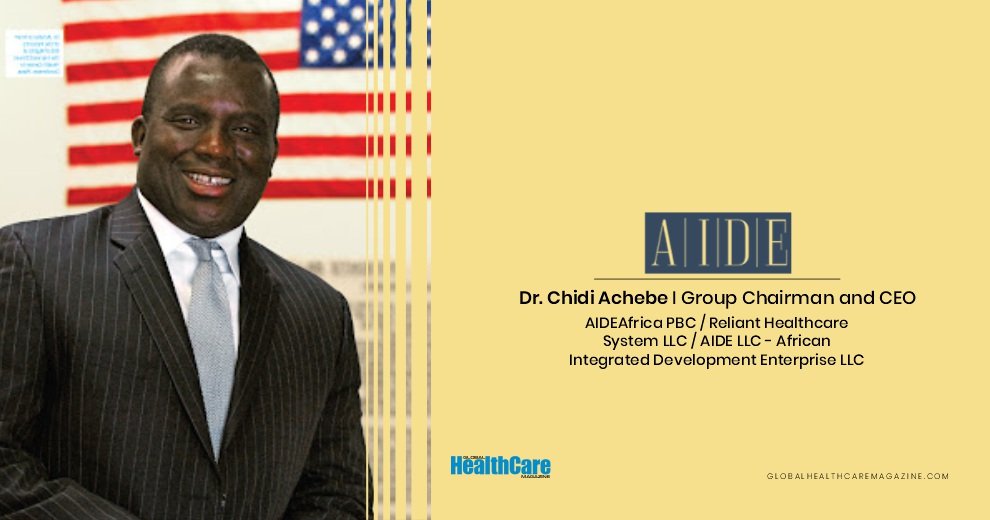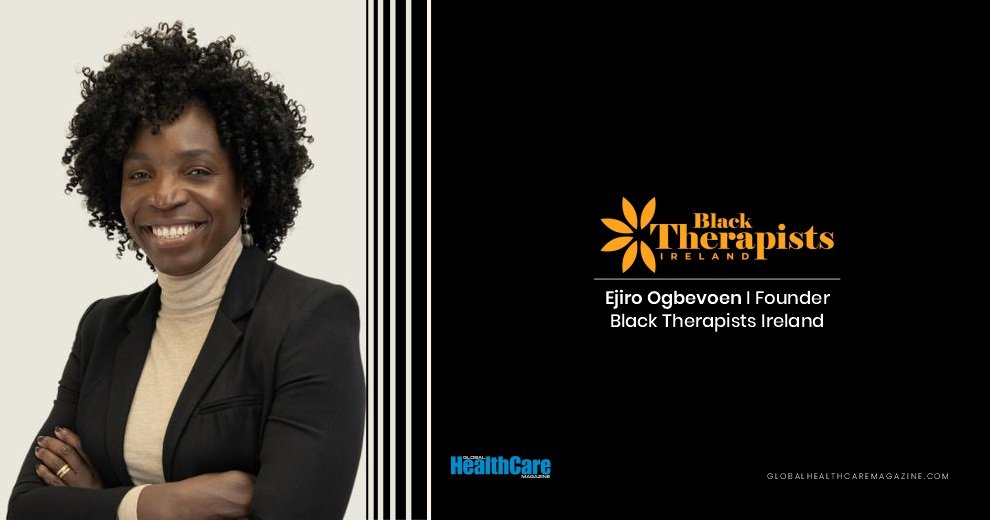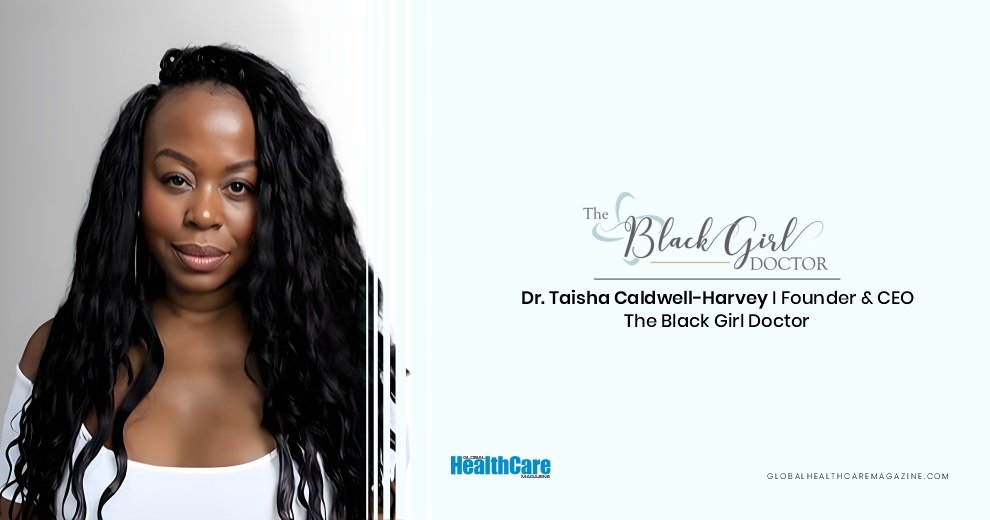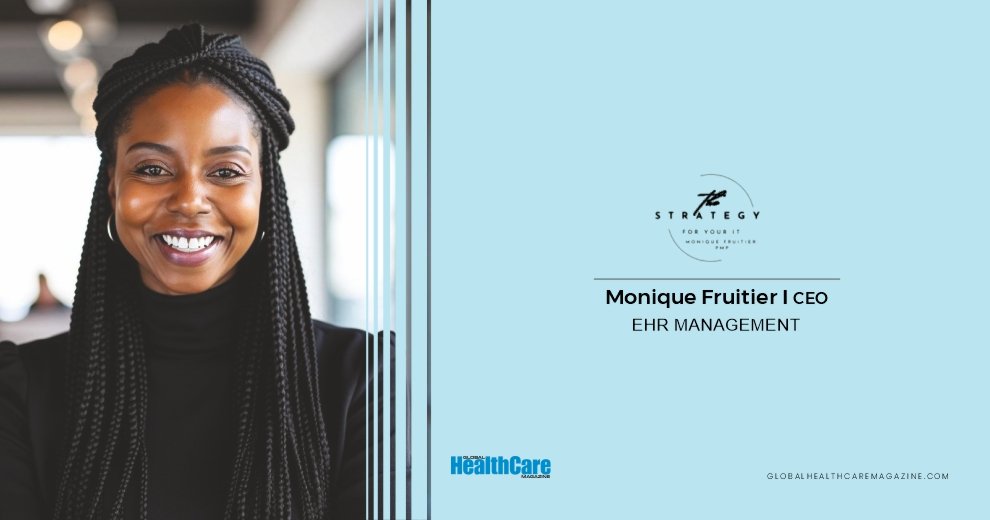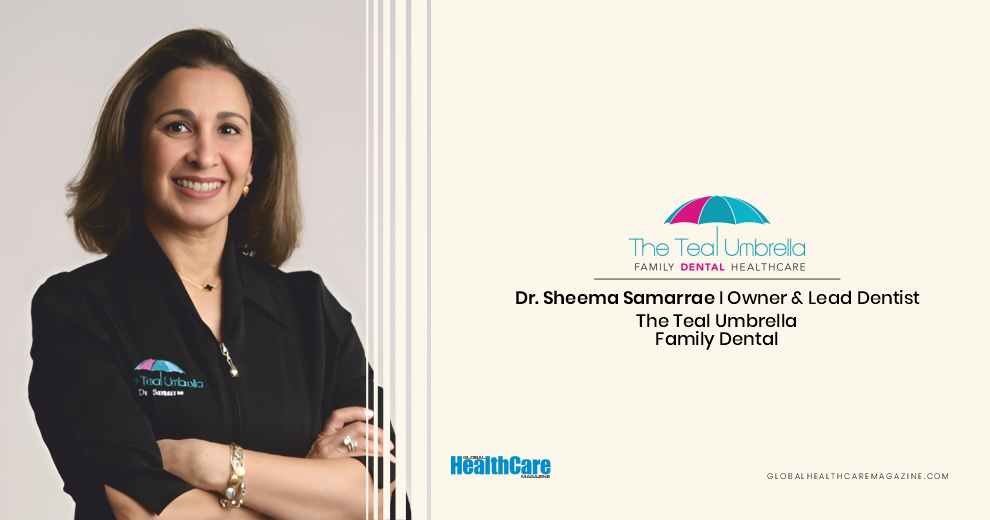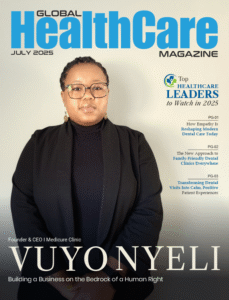The air in the community hall in Kalamazoo is thick with the kind of silence that precedes a difficult truth. It’s a mix of anticipation and apprehension. On the makeshift stage, Valarie Cunningham, MSW, LMSW, D.Min, holds the microphone not like a performer, but like a physician holding a stethoscope to the chest of a community. For more than five years, these symposiums—part of her “Breaking the Stigma: African American Mental Health” initiative—have been a fixture, drawing in hundreds of individuals and families. They come to hear the unsaid spoken aloud.
Valarie doesn’t speak in the soaring, abstract rhetoric of a distant leader. She speaks in the steady, grounded cadence of someone who has spent over two decades in the trenches of her community’s wellbeing. She talks about anxiety, depression, and trauma not as clinical disorders but as logical responses to a lived reality. She gives people permission to be exhausted, to be hurting, and to seek help without shame. In this room, she is not just a CEO or a doctor of ministry; she is a mirror, reflecting a community’s pain back with compassion, and then showing them a path through it. This work, this intimate communion with her city, is where the seeds of her life’s mission were sown. But it was a single, stark number that would cause that mission to bloom into a national movement.
A Number That Demanded Action
The number was 17. A report from Kalamazoo County revealed a statistic that was both a diagnosis and an indictment: only 17% of healthcare providers in the county were people of color. For Valarie, this wasn’t just data. It was the story of why a Black teenager might not connect with his therapist. It was the reason a Latina mother might struggle to have her symptoms taken seriously. It was the mathematical proof of a gap she had witnessed anecdotally for years. This significant underrepresentation, as she saw it, had profound and damaging implications. How can a community achieve wellness when the very people charged with its care do not, and often cannot, understand its cultural needs and experiences?
The statistic laid bare the structural nature of the problem. You can break stigmas in community halls all day long, but what happens when those newly emboldened people reach out for help and find no one who looks like them, no one who understands their context? The gap wasn’t just one of understanding; it was one of access. The 17% wasn’t a problem to be studied; it was a wall to be dismantled. And Valarie Cunningham builds things.
The Bricks-and-Mortar of Hope
Long before the 17% statistic gave her a new rallying cry, Valarie was already building. In October 2003, she founded the Synergy Health Center (SHC) in Kalamazoo. For what is now approaching 22 years, SHC has been a physical anchor of hope, a place dedicated to providing culturally sensitive mental health, substance abuse, and wellness services for children, youth, and families. The very name, Synergy, speaks to her philosophy—the belief that true health comes from the interaction of different parts working in harmony.
SHC was a bold declaration. In a field often slow to adapt, Valarie built an organization from the ground up with cultural competency not as an afterthought or a module in a training manual, but as its foundational principle. It was and is a leading organization, a testament to her vision and a living laboratory for the kind of care she knew was possible. It established her as a formidable presence in Michigan, a leader with a deep passion for equitable care. But the physical walls of the Synergy Health Center could only reach so far. The 17% problem was bigger than Kalamazoo. It was an American problem. And it would require a modern, scalable solution.
The Digital Bridge to Wellness
In January 2021, Valarie launched her most audacious project yet: the BlackWellness Network. If Synergy Health Center is the anchor, the Network is the ship, built to navigate the vast, often-impersonal waters of the internet and deliver help to any shore. It’s a virtual community resource directory, an elegant, tech-driven answer to the disparity problem. The premise is simple but powerful: help people find Black and Brown wellness professionals to meet their mental and health care needs.
The Network’s website calls it “a beacon of hope and a catalyst for change,” and the description feels earned. It is a direct intervention, designed to “bridge the gap, break the stigma, and build stronger black and brown communities through healthcare access and education.” It works by giving individuals the resources to find culturally competent care, increasing their comfort and trust in the process. It’s for the Black executive in a new city looking for a therapist who gets it. It’s for the young family seeking a pediatrician who understands their heritage. It is, as the Network’s mission states, here to change the perspective and the narrative.
For the Black and Brown wellness providers who join, the Network is more than a listing; it’s a collective. It’s a digital space that validates their importance and amplifies their reach, making them visible to the communities that need them most. Valarie had taken the 17% statistic not as a point of despair, but as a blueprint for what to build next.
The Mind, the Spirit, and the Data
To understand how one person can operate with such clarity of purpose across so many domains, you have to look at the unique synergy of her own life. Her academic journey began at Western Michigan University, where she earned both a Bachelor’s in Business Administration (BBA) and a Master’s in Social Work (MSW). This dual footing—one foot in the world of systems and sustainability, the other in clinical practice and human compassion—is the key to her efficacy. She builds organizations that are not only mission-driven but built to last.
Since 2011, she has been an Adjunct Instructor at her alma mater’s School of Social Work, shaping the next generation of practitioners. Simultaneously, she is defending her doctoral dissertation, a deep academic dive into the very issue that has defined her career: Racial Disparities in Behavioral Health for the African American Population.
But there is another, equally important dimension to her work. Valarie also holds a Doctorate in Ministry (D.Min), a credential that informs her holistic approach to healing. This isn’t about supplanting clinical practice with faith; it’s about integrating them. This philosophy is embodied in the Kingdom Empowerment Institute, which she founded in August 2007 to provide education and leadership training within a “Five-Fold Ministry” framework. She understands that for many in the Black community, faith and spirit are inextricable from health and healing. She meets people where they are, acknowledging that wellness is not just a function of the mind and body, but also of the soul.
Valarie Cunningham’s work is a masterclass in transformation. She transformed a devastating statistic into a call to action. She transformed a local, brick-and-mortar center of excellence into a national, digital network of hope. She leads with a powerful, integrated commitment to community empowerment, blending business acumen, clinical expertise, rigorous data, and a faith-informed vision. She is bridging the gap, one symposium, one therapy session, and one digital connection at a time.
Also Read: Global Health Architects: Top Influential Black Leaders to Watch in 2025

